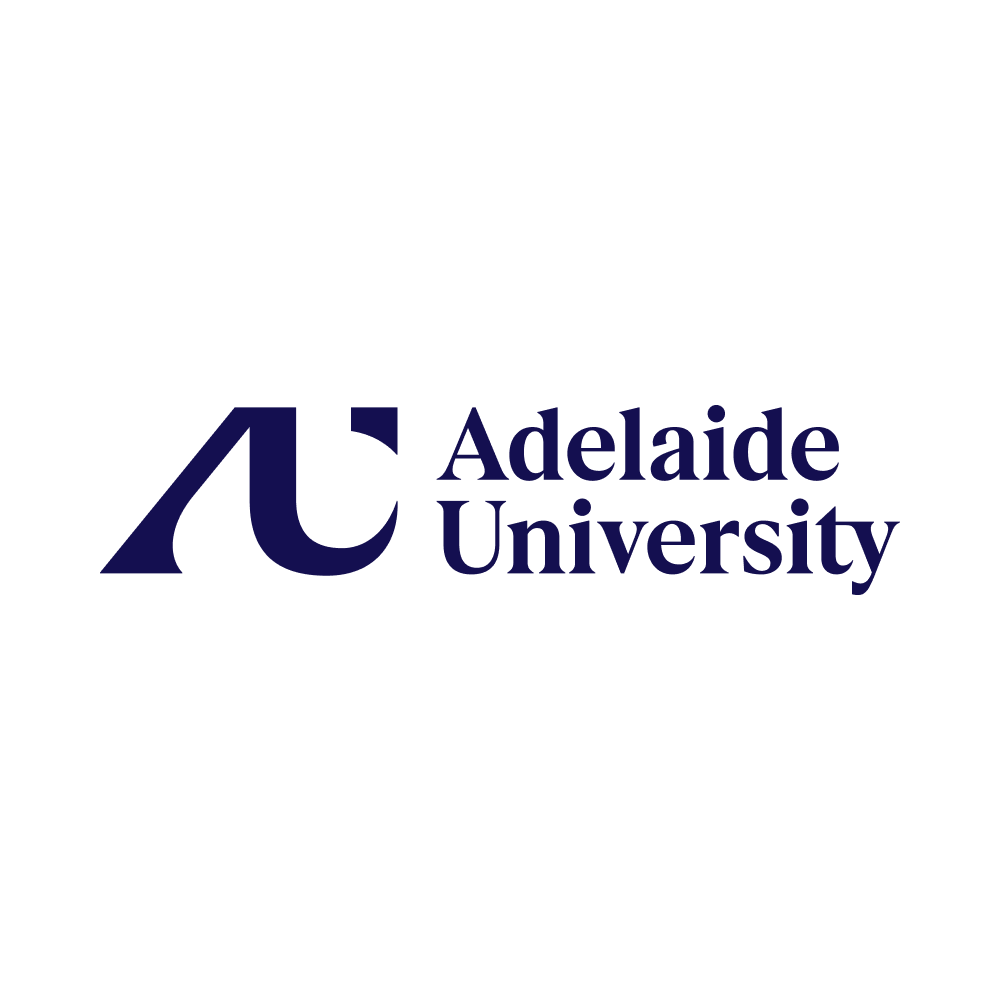Adelaide University
Graduate Certificate in Urban and Regional Planning
- Delivery: Face to Face
- Study Level: Postgraduate
- Duration: 6 months
- Course Type: Graduate Certificate
Become a builder of cities, design and develop physical spaces to better communities.

Course overview
With Adelaide University's Graduate Certificate in Urban and Regional Planning, you’ll combine problem-solving skills with your passion for driving real change.
Get insight into what it really means to design and develop a space. You’ll understand historical contexts, from the ancient world to the modern landscape. Learn how to harness the past and present to build our future. You’ll also become aware of the key considerations of an urban and regional planner – navigating policy, budget and ethics. Understand how theory connects with practice, exposing you to what a career in planning could look like.
Key features
- Find out how physical space can be transformed to meet community needs.
- Explore methods for accommodating bigger populations while promoting social equity and quality of life.
- Expand your awareness of the cultural, environmental and practical concerns that planners must confront.
- Learn from world-class industry leaders.
- Fast-track your study goals with this six-month graduate certificate.
CSP Subsidised Fees Available
This program has a limited quota of Commonwealth Supported Places (CSP). The indicative CSP price is calculated based on first year fees for EFT. The actual fee may vary if there are choices in electives or majors.
Key facts
What you will study
Students must complete 24 units comprising 18 units from core courses and six units from electives. Each course is worth six units.
Core courses
Complete the following three courses:
- Integrated Transport and Infrastructure Planning
- Planning Governance, Stakeholders, Politics and Policy
- Theory and Practice in Urban and Regional Planning
Electives
Complete six units comprising:
- Six units from university-wide electives.
Entry requirements
Admission criteria
To be eligible, an applicant must have achieved at least one of the following minimum entry requirements and demonstrate that they fulfil any prerequisite and essential criteria for admission. In cases where there are more eligible applicants than available places, admission will be competitive with ranks based on the entry criteria.
- A completed bachelor's (AQF level 7) or bachelor's honours (AQF level 8) degree or equivalent from a recognised higher education institution; OR
- A minimum of five years of relevant work experience.
Outcomes
Career outcomes
Develop the historical, cultural and practical perspectives you’ll need to start transforming our living spaces. A Graduate Certificate puts you on the path of skill development. If you choose further study to become a qualified planner, you could be consulting on big, life-changing infrastructure improvements – locally, nationally and abroad.
You could also work in:
- Public Transport Services
- Heritage Site Conservation
- Urban Regeneration
- Regional And Rural Community Development
- Active Lifestyle Promotion
- Coastal Planning
- City, Town And Suburb Design
Fees and CSP
Estimated student contribution amount per 0.5 EFTSL (24 units) in 2026: From $4,169 up to $5,751.25 (Commonwealth Supported Place)
Commonwealth-supported students are charged a portion of the cost of their higher education through a student contribution. Where the duration of the program is less than one year, the total cost of the program is displayed.
Commonwealth Supported Places (CSP)
A Commonwealth Supported Place is a higher education place where the Australian Government subsidises your fees so that you only pay a portion through a student contribution amount.
The amount of student contribution you’ll pay depends on:
- Number of courses you are enrolled in.
- Unit value of courses.
- Funding cluster your courses fall under.
A HECS-HELP loan allows students to borrow from the Australian Government to cover some or all of their student contribution. To be eligible for HECS-HELP, you must be studying in a Commonwealth Supported Place.

















